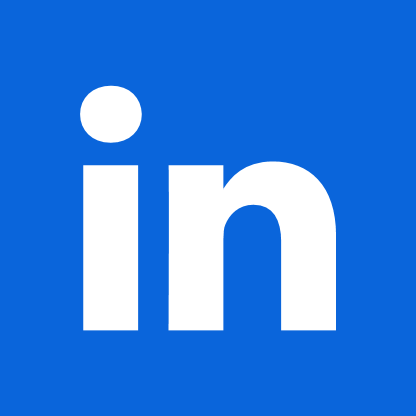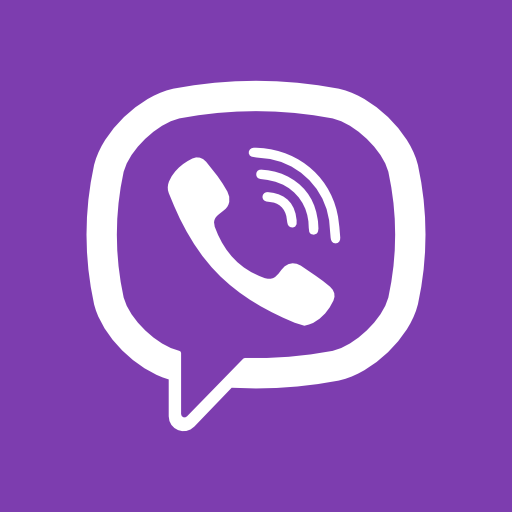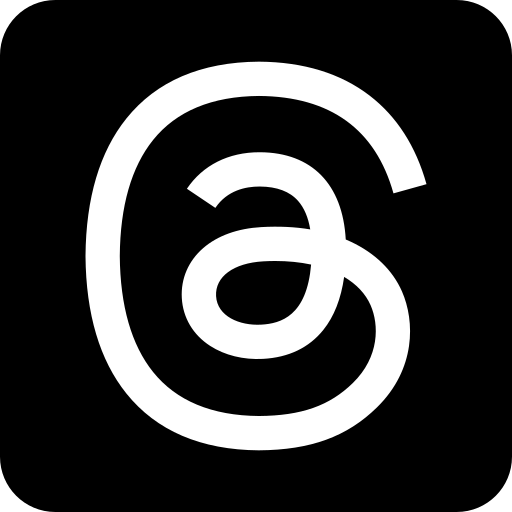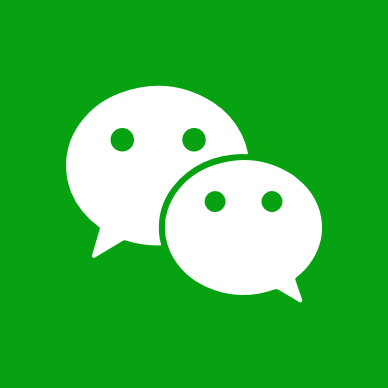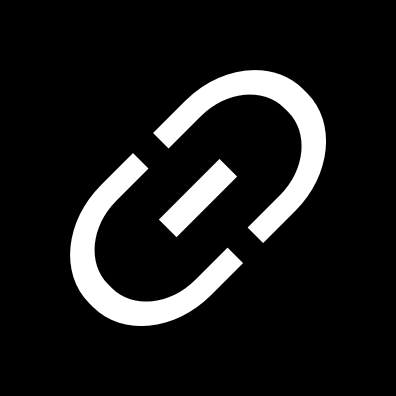The Paradox of Choice: why are we all unsatisfied?
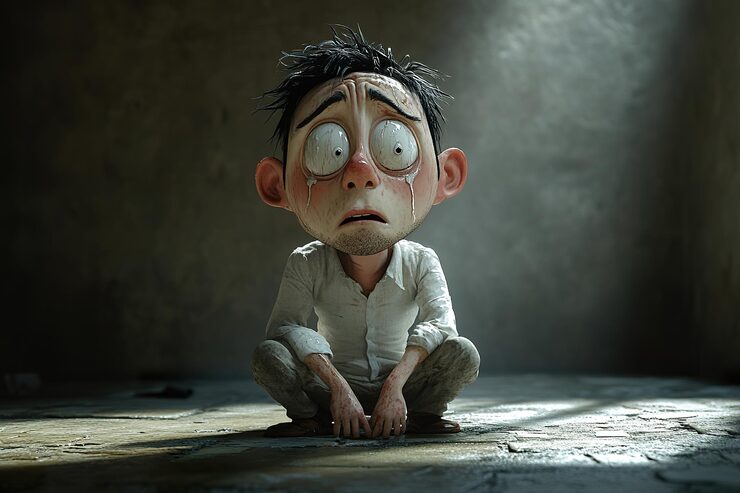
This article is summary of Professor Barry Schwartz amazing talk at TED in 2005. My attempt was to capture the essence and main ideas in a bite sized text, but no amount of literabure can deliver the same energy, clarity, and amusement presented by Professor Schwartz in his talk, so I highly recommend you to watch it.
In modern Western societies, the general belief is that personal freedom is the cornerstone of human welfare. Building on this idea, sociaeities have to tried to increase personal freedom as a means to increase welfare. Humans inctinctly figured out that to maximize freedom you have to increase choice.

If you have more choices and options avaible for you in life, it means that you more free and therefore living a better life than someone with fewer options. Correct? Well not necessarily. Dr. Schwartz provides a solid case why the exponential growth can lead to mirsable beings.
The Explosion of Choice
The modern world offers an overwhelming array of choices in nearly every aspect of life. From grocery, to consumer electonics, to mobile phones, to cars, to choosing a vacation - the choices presented to you at every point that you need to make a decions are staggering.
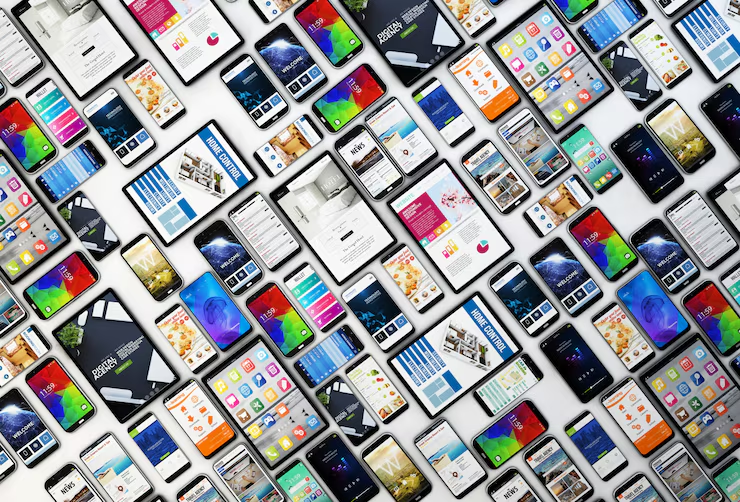
There are more than 30 different types of cereals to choose from on average. Ten types of milk, each with their own flavors and nutroius properties. There are more than 20 phone brands each having more than 10 models, their own fearures, perks, pros and cons. You want to buy car, well good luck because the list if manaufactors tops 100 and it is only increasing.
The abundance doesn’t stop at material goods. It extends to essential areas like health care. Gone are the days when a doctor simply told you what to do. Now, doctors present options and expect patients to make the final call. We as patients as expected to choose the best treatment plan. The doctor merely explains the pros and cons of each one.

The number of decisions that the average person has to make on daily basis is in constant increase and we are already at the limit of what we decide. Actually there is term for this and it called "Decision Fatigue".
The Downside of Too Many Choices
At first glance, all this freedom and variety sounds like progress. But it carries hidden psychological costs. There are two major downsides to excessive choice: paralysis and diminished satisfaction.
1. Choice Paralysis
With so many options, people often struggle to make any decision at all. A study on retirement plan participation found that as the number of mutual funds offered increased, participation rates dropped. Every 10 extra funds led to a 2% decline in enrollment. Faced with a sea of options, many people simply procrastinate—often indefinitely—missing out on benefits like employer-matching contributions.
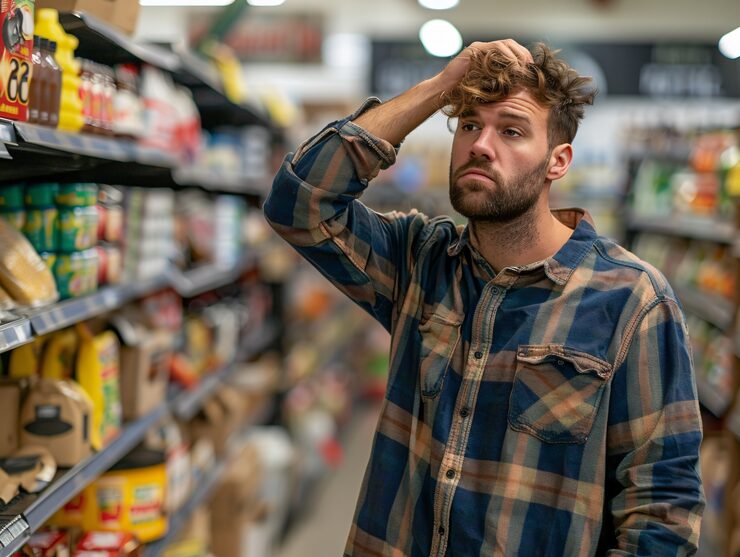
This paralysis can occur at any point where choices are abundanant. When we believe there’s a perfect option somewhere in the mix, the fear of picking the wrong one stops us from acting altogether.
2. Less Satisfaction With Better Outcomes
Even when we do manage to make a choice, we’re often less satisfied with it. Why? Because the abundance of alternatives leads us to imagine all the ways in which the unchosen options might have been better.
This imagined what if creates regret, which reduces our happiness. Even a good choice feels like a bad one when we remeber the things that missed. These are known as opportunity costs — the perceived loss of value from not choosing differently.
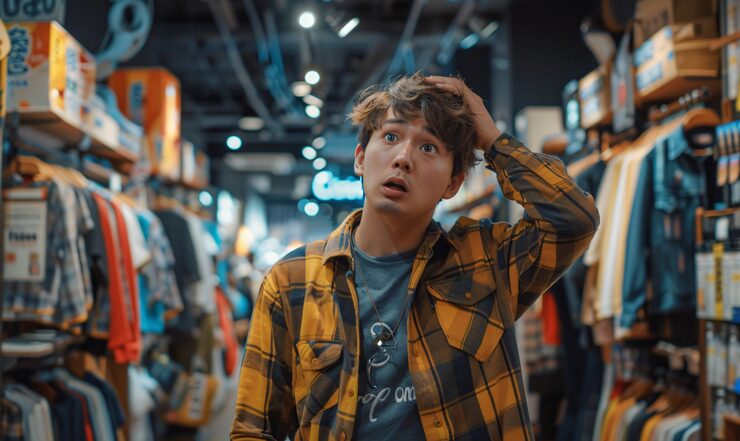
One example is shopping for jeans. Jeans used to come in one style. You bought them, wore them, and that was that. Today, jeans come in dozens of styles—slim fit, relaxed fit, boot cut, stonewashed, with zippers, without zipper, with buttons, without buttons, and many more. After trying them all, you might walk out with the best-fitting jeans but the sheer number of options raises our expectations to the point that even a great result feels disappointing. The outcome may be better, but your satisfaction is lower.
When choices were limited, expectations were modest. But now, with every added option, our expectations rise. We assume perfection should be attainable. So, when our chosen option falls even slightly short of ideal, we feel disappointed.
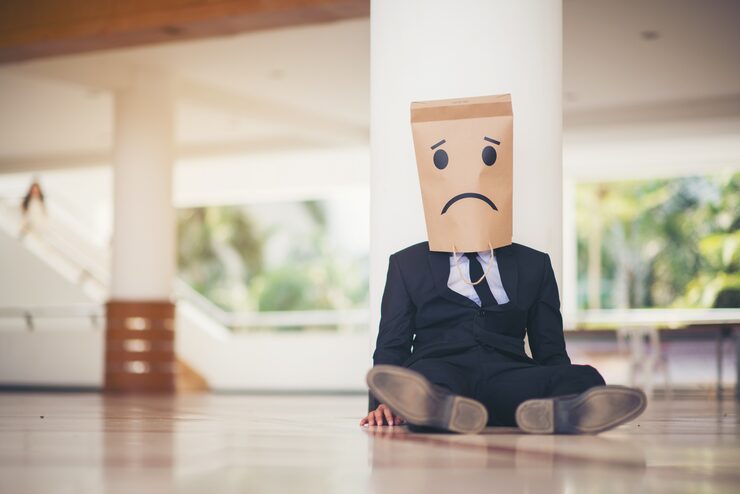
The Balance We Need
This isn’t an argument against freedom or choice. Choice is essential for autonomy and dignity. But we must recognize that more choice isn't always better. There’s a sweet spot—where we have enough variety to express ourselves and meet our needs, but not so much that it paralyzes us or leads to regret.
Designing systems, products, and services with curated options can actually enhance satisfaction. In some cases, limiting choices may free us from the stress of overthinking and let us enjoy life more fully.











